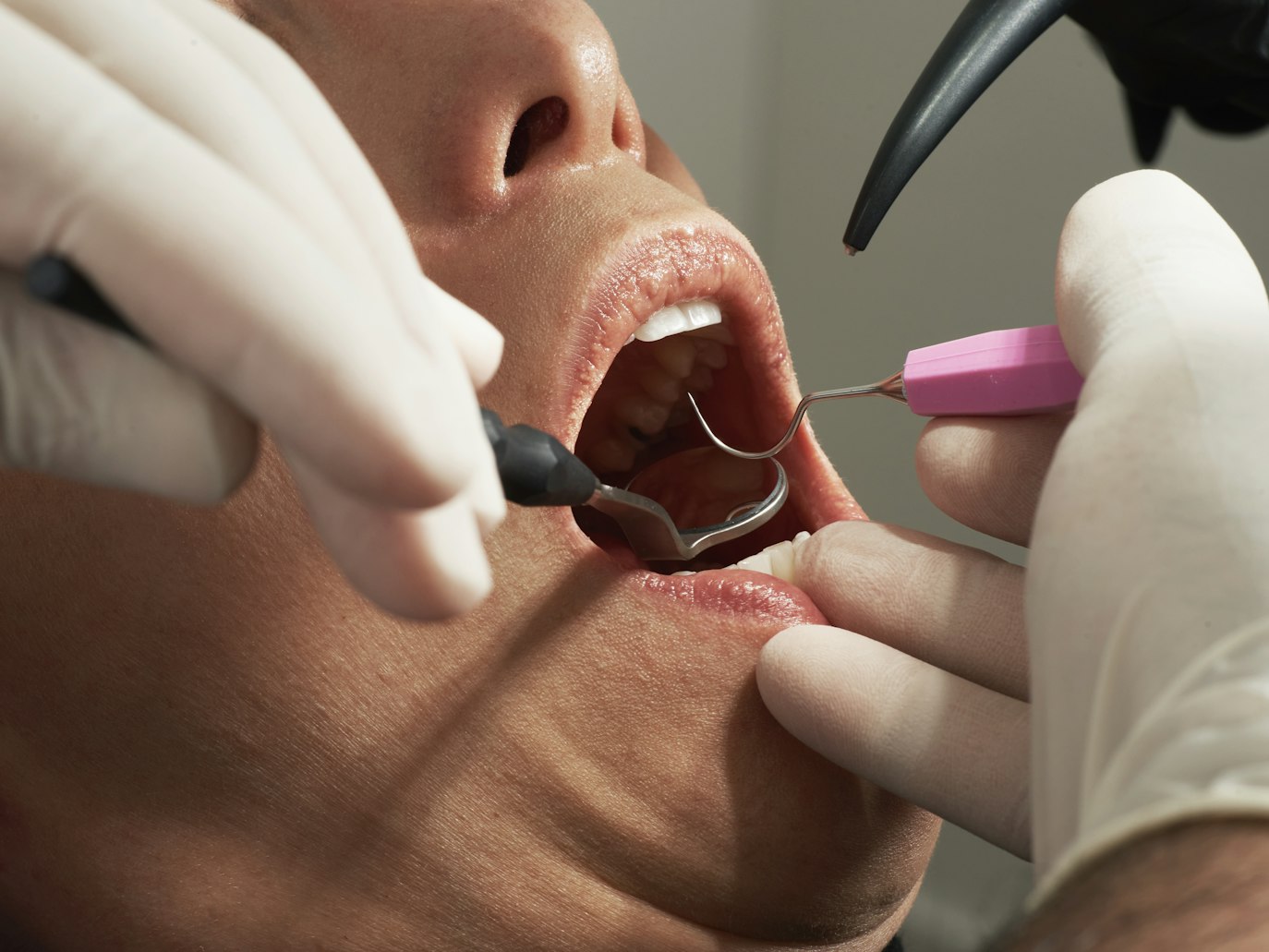Table of Contents
How To Treat A Dental Implant Infection At Home
Dental implants have become a popular solution for replacing missing teeth, offering a long-lasting and natural-looking alternative to dentures or bridges. However, like any surgical procedure, there is a risk of complications, including infection. If you suspect you have a dental implant infection, it is crucial to seek professional dental care. However, there are also steps you can take at home to help manage the infection and promote healing. In this article, we will explore how to treat a dental implant infection at home.
Understanding Dental Implant Infections
A dental implant infection, also known as peri-implantitis, is an inflammatory process that affects the tissues surrounding a dental implant. It is typically caused by bacteria that accumulate around the implant site, leading to inflammation and bone loss. If left untreated, peri-implantitis can result in implant failure and the need for implant removal.
Recognizing the Symptoms
Early detection of a dental implant infection is crucial for successful treatment. Some common symptoms to watch out for include:
- Redness and swelling around the implant site
- Pain or discomfort
- Bleeding or pus discharge
- Loose or wobbly implant
- Unpleasant taste or odor
If you experience any of these symptoms, it is important to contact your dentist immediately for a proper diagnosis and treatment plan.
Treating a Dental Implant Infection at Home
While professional dental care is essential for treating a dental implant infection, there are steps you can take at home to help manage the infection and promote healing. Here are some home remedies and practices that may be beneficial:
1. Maintain Good Oral Hygiene
Proper oral hygiene is crucial for preventing and managing dental implant infections. Brush your teeth at least twice a day using a soft-bristle toothbrush and fluoride toothpaste. Pay extra attention to the implant area, gently brushing around it to remove any plaque or bacteria. Flossing daily and using an antimicrobial mouthwash can also help reduce the risk of infection.
2. Rinse with Saltwater
Rinsing your mouth with warm saltwater can help reduce inflammation and kill bacteria. Dissolve half a teaspoon of salt in a glass of warm water and swish it around your mouth for 30 seconds before spitting it out. Repeat this several times a day to promote healing.
3. Apply a Cold Compress
If you experience swelling or discomfort, applying a cold compress to the affected area can help reduce inflammation and alleviate pain. Wrap an ice pack or a bag of frozen peas in a thin cloth and hold it against your cheek for 10-15 minutes at a time.
4. Use Antibacterial Mouthwash
Using an antibacterial mouthwash can help kill bacteria and prevent further infection. Look for a mouthwash specifically formulated for dental implants or one recommended by your dentist. Rinse your mouth with the mouthwash according to the instructions provided.
5. Avoid Smoking and Alcohol
Smoking and excessive alcohol consumption can hinder the healing process and increase the risk of infection. It is best to avoid these habits until the infection has resolved completely.
6. Follow a Nutritious Diet
A healthy diet rich in vitamins and minerals can support your immune system and aid in the healing process. Include foods that are high in antioxidants, such as fruits and vegetables, and avoid sugary or processed foods that can contribute to inflammation.
Frequently Asked Questions (FAQ)
1. Can a dental implant infection go away on its own?
No, a dental implant infection cannot go away on its own. It requires professional dental treatment to effectively manage and resolve the infection.
2. How is a dental implant infection diagnosed?
A dental implant infection is typically diagnosed through a clinical examination by a dentist. They may also take X-rays or perform other imaging tests to assess the extent of the infection.
3. What are the treatment options for a dental implant infection?
Treatment options for a dental implant infection may include professional cleaning, antibiotic therapy, laser therapy, or in severe cases, implant removal.
4. How long does it take to treat a dental implant infection?
The duration of treatment for a dental implant infection can vary depending on the severity of the infection. Mild cases may resolve within a few weeks, while more severe infections may require several months of treatment.
5. Can I prevent dental implant infections?
While it is not always possible to prevent dental implant infections entirely, maintaining good oral hygiene, attending regular dental check-ups, and following post-operative care instructions can significantly reduce the risk.
6. What are the long-term consequences of untreated dental implant infections?
Untreated dental implant infections can lead to implant failure, bone loss, and the need for implant removal. It is crucial to seek prompt treatment to prevent further complications.
Summary
Dental implant infections can be a serious concern, but with proper care and timely treatment, they can be managed effectively. While home remedies can help alleviate symptoms and promote healing, it is essential to seek professional dental care for a comprehensive treatment plan. Maintaining good oral hygiene, following post-operative instructions, and attending regular dental check-ups are key to preventing dental implant infections. Remember, if you suspect a dental implant infection, contact your dentist immediately for proper diagnosis and treatment.
